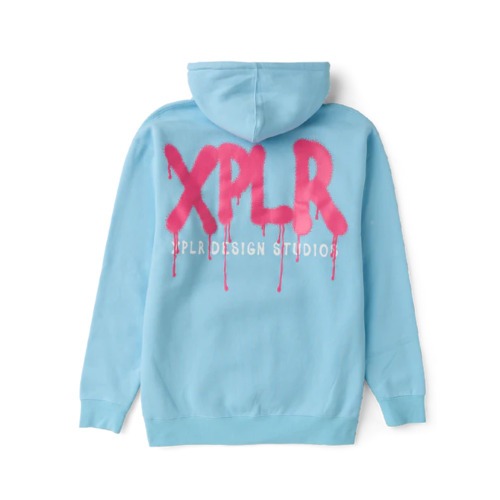Buying a Car on a Budget: Should You Choose New or Used?

Buying a car is a major financial decision, especially when you have a limited budget. Many first-time buyers find themselves torn between choosing a brand-new vehicle or opting for a used car that fits their financial constraints better. The decision isn’t always straightforward; both new and used cars come with unique advantages and challenges, especially when your budget plays a big role in shaping your options. This blog will explore how you can approach buying a car on a budget and help you decide which option aligns better with your financial situation and needs.
The Appeal of Buying a New Car Within a Budget
Buying a new car on a budget may sound contradictory to some, but it’s possible with careful planning. New cars offer several benefits that might justify the higher price tag for budget-conscious buyers. For instance, new cars come with the latest technology, improved fuel efficiency, and comprehensive warranties. These warranties reduce the risk of unexpected repair costs in the first few years of ownership, which can help you avoid costly maintenance bills that might strain your budget later on.
Manufacturers and dealerships often offer special financing deals, cashback offers, or discounts on last year’s models, making it possible to buy a new car at a reduced price. Leasing is another option that can lower monthly payments for new cars, though it comes with its own set of limitations and conditions.
Choosing a new car also means fewer worries about reliability. Since the Vehicle is Brand New, you won’t have to spend extra money on repairs or replace worn-out parts shortly after purchase. This peace of mind can be valuable if your budget cannot accommodate surprise expenses.
The Cost Advantages of Used Cars
Used cars generally provide the best value for buyers on a tight budget. Since these vehicles have already undergone the largest depreciation during their first few years, their prices are much lower compared to new cars. This makes it possible to buy a better model or a vehicle with more features than you could afford if buying new.
Because of the lower purchase price, used cars often result in lower insurance premiums, further reducing the total cost of ownership. Maintenance costs might be higher than with a new car, but if you choose a reliable used vehicle and conduct proper inspections beforehand, you can minimize these risks.
Moreover, the market for used cars is vast and varied. You can find vehicles ranging from nearly new, certified pre-owned cars with warranties to older models that fit very tight budgets. This flexibility is especially helpful if you want to maximize your car’s value without overspending.
Risks and Challenges with a Budget Car Purchase
Whether buying new or used on a budget, there are challenges to consider. For new cars, the higher price may limit your options to entry-level models or smaller cars without many extra features. You might also have to carefully navigate financing offers to avoid getting trapped in unfavorable loan terms.
For used cars, the biggest challenge is uncertainty. A used car might have hidden mechanical issues or damage that can lead to expensive repairs. Without a warranty, repair costs fall squarely on your shoulders, which could overwhelm a tight budget. To mitigate these risks, it’s essential to check the vehicle’s history report and have a trusted mechanic inspect it before purchase.
How to Decide Based on Your Budget
To decide between new and used, start by assessing your total budget, not just the purchase price. Think about insurance, registration, fuel costs, and potential maintenance expenses over the next few years. If you can comfortably afford the upfront cost and monthly payments of a new car, the benefits of reliability and warranty may outweigh the higher price.
However, if your budget is tight and your goal is to minimize initial spending, a used car might be the smarter choice. Just remember to focus on quality and reliability by researching models known for durability and getting the car inspected.
Practical Tips for Budget Car Buyers
Regardless of whether you choose new or used, it’s wise to shop around and compare prices. Look for special deals, certified pre-owned programs, or vehicles that offer the best balance between price and features. Be patient and don’t rush your purchase—taking the time to find the right car can save you money and hassle.
Financing is another crucial aspect. Get pre-approved for a loan, understand interest rates, and read all terms carefully. Sometimes paying a slightly higher price for a car with favorable financing is better than struggling with expensive loan payments.
Insurance companies offer different rates based on the car’s make, model, and year. Ask for insurance quotes before buying to factor these costs into your budget.
Conclusion
Buying a car on a budget requires balancing cost, reliability, and your personal preferences. New cars bring peace of mind and lower maintenance but at a higher price, while used cars offer affordability and more choices but with some risks. By carefully evaluating your financial situation, researching thoroughly, and prioritizing quality, you can find a vehicle that fits both your budget and your lifestyle. Whether you go new or used, owning your own car is a rewarding step towards independence and convenience.

